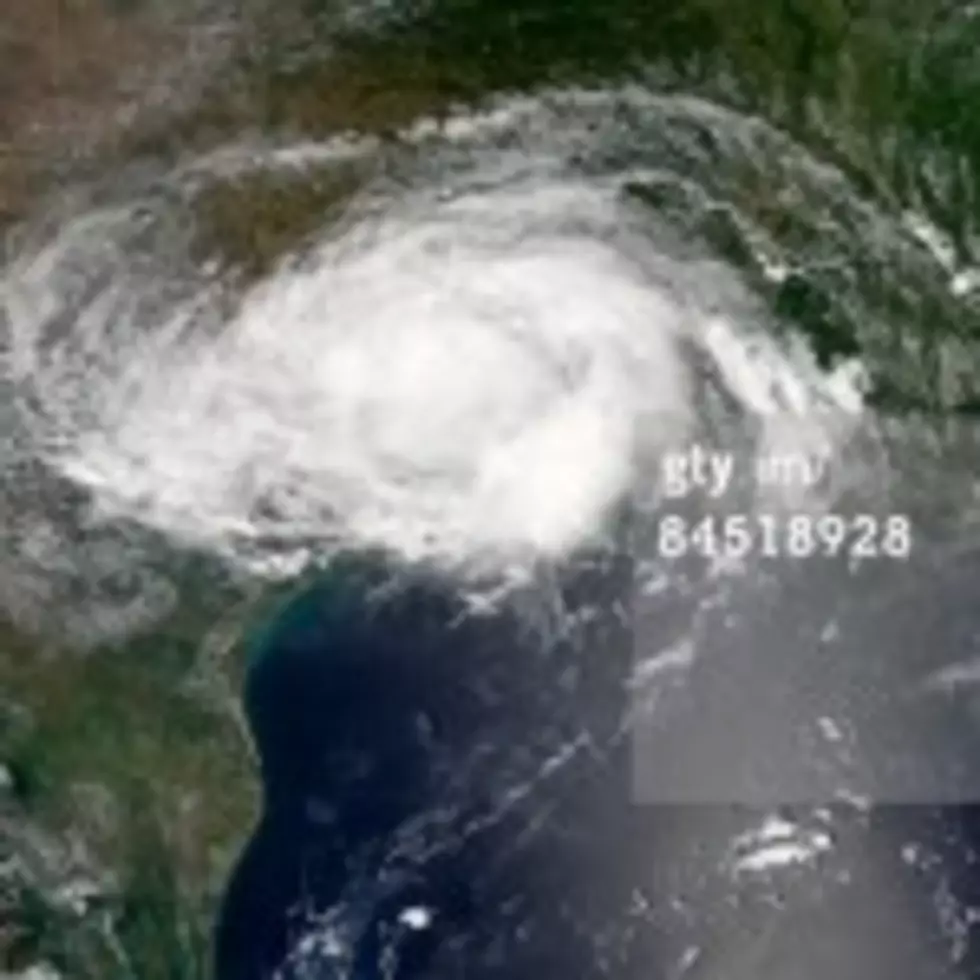
Be Prepared During the Peak of Hurricane Season
September is the peak of hurricane season. Here are some tips to keep in mind when it comes to preparing for natural disasters as reported by the Victoria Advocate:
1. Don't let your guard down.
Hurricane season might be halfway over, but September is when it hits its peak. More hurricanes hit during September than in any other month.
2. Know your coverage.
Call or visit your insurance agent so you know exactly how you're covered. One important question to ask is whether you have a replacement policy or actual cash value policy. With the replacement variety, if a roof is destroyed, you'll get a new one. With actual cash value, you might only get the amount you paid to put the roof on 25 years ago.
3. Shop around.
Even if you're covered, there might be more comprehensive or affordable plans out there. Talk to an agent about what you need and have them search. Be sure to go with a reputable agent and never give money up front. You can check out an agent or company with the Texas Department of Insurance.
4. Do an inventory.
Walk through your home or business taking pictures or videos. Open drawers, look inside closets and jewelry boxes and document as much as you can. The hardest part about settling an insurance claim is remembering what you've lost.
5. Stock up.
Make sure you have what you and your family need to weather a storm. The American Red Cross suggests a seven-day supply of food and 1 gallon of water per person per day. Don't forget other necessities such as first aid supplies, cash, prescription medicines, emergency phone numbers, hygiene items and others.
6. Have an evacuation plan.
Know where you plan to go in case of a storm, pack your supplies and follow evacuation orders. Leave as soon as possible in order to avoid heavy traffic. Keep your vehicle's fuel tank filled in case you have to leave in a hurry. Be ready to stay at your final destination for a week or longer.
7. Think beyond your own needs.
Don't limit disaster preparedness to what will help yourself and your family. Consider neighbors, the elderly, those with special needs and even pets.
8. If disaster does strike, remember your physical well-being.
People often focus on lost valuables or keepsakes or the damage following a major disaster. Don't forget to eat and stay hydrated. Dehydration and hunger put added stress on the body.
SOURCES: CAPT. MARK MARTIN, COMMANDING OFFICER OF THE SALVATION ARMY; CORINA CARRILLO, INDUSTRY REPRESENTATIVE FOR PROPERTY AND CASUALTY INSURANCE; MARK HANNA, MANAGER OF PUBLIC RELATIONS AND MEMBERSHIP WITH THE INSURANCE COUNCIL OF TEXAS; JOHN METZ, WARNING COORDINATION METEOROLOGIST WITH THE NATIONAL WEATHER SERVICE; ALINA NIEVES, METEOROLOGIST WITH THE NATIONAL WEATHER SERVICE; MANUEL VILLARREAL, TWIA OMBUDSMAN WITH THE TEXAS DEPARTMENT OF INSURANCE; NATIONAL WEATHER SERVICE OFFICIAL TEXAS HURRICANE GUIDE
More From KIXS FM 108









